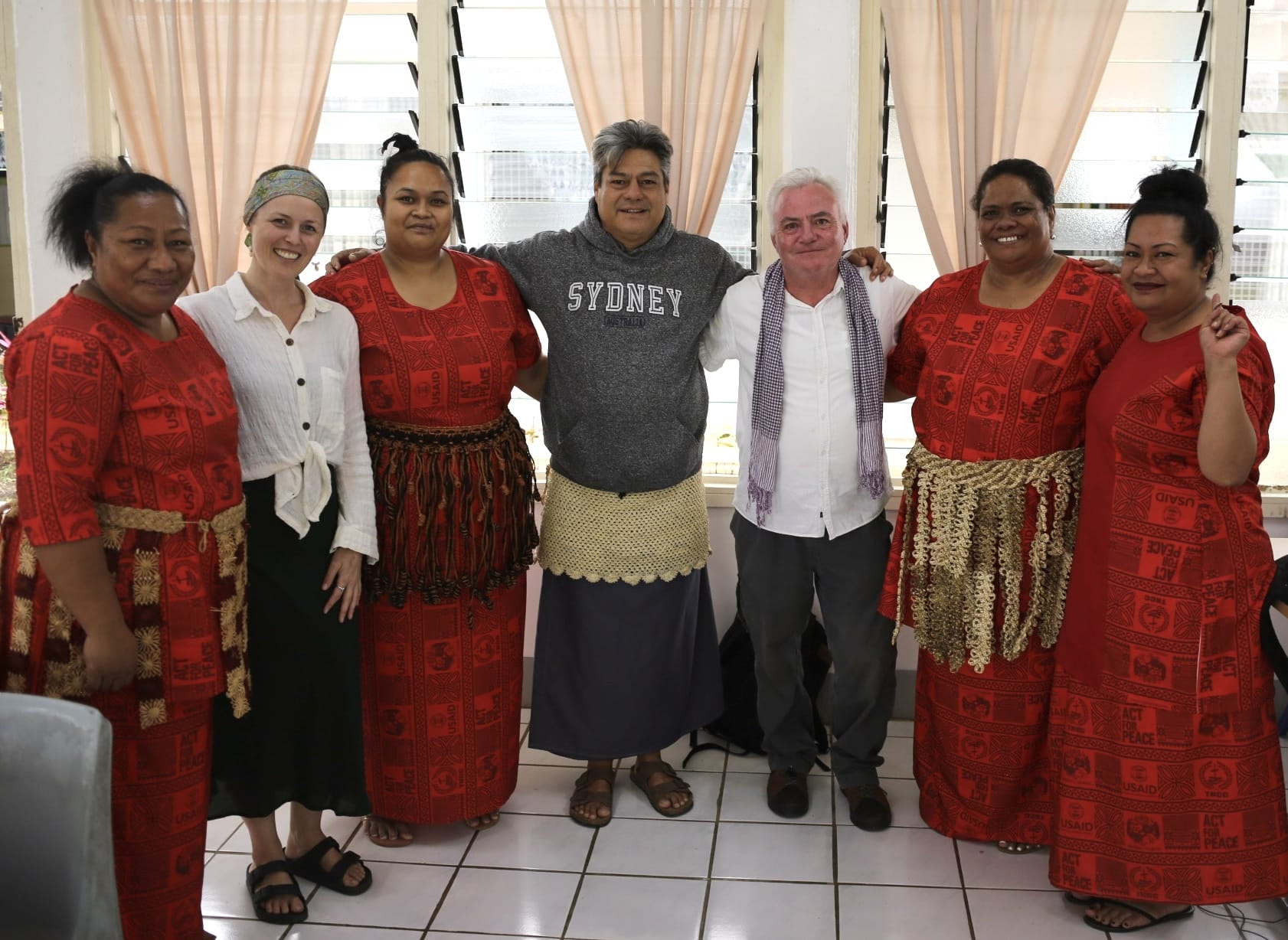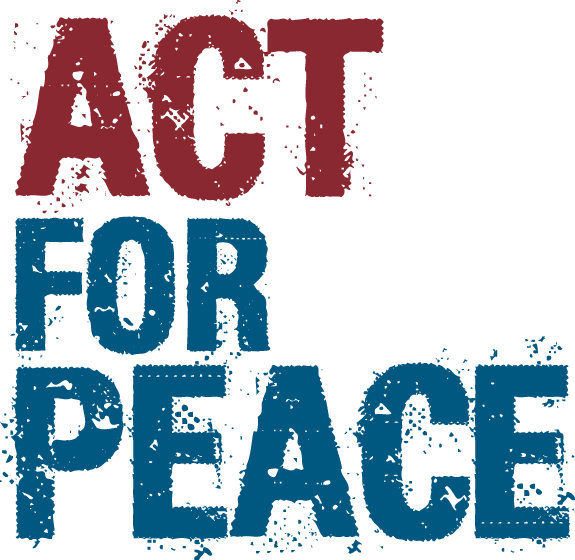Climate change is having a catastrophic impact on communities around the world who are forced to flee their homes with the World Bank predicting 49 million people. In East Asia and the Pacific predicted to be displaced due to climate impacts by 2050.
Act for Peace designed a strategy to address the growing issue of climate displacement.
According to the UN Refugee Agency, UNHCR, climate related disasters triggered more than half of new reported displacements in 2022 60% of refugees and displaced people now live in countries that are among the most vulnerable to climate change.
People like Eko, a farmer in Indonesia who has experienced multiple flood disasters and has seen his harvest decrease as the changing climate impacts soil density.
“What I wish is [to know] how to adapt to the climate. The harvest back in my parents’ time could be extraordinary, but in my era with climate change, the texture of the soil gets denser, and our income decreases,” says Eko.
“Back in the old days, there was no such climate change issue. The farmers still had a lot of income.”
~ Eko*, Indonesia
If farmers like Eko aren’t equipped to adapt to the changing climate, they face the very real risk of becoming displaced. Rising sea levels are submerging villages, shifting global rainfall patterns are increasing wet seasons in some regions while lengthening droughts in others, and an increase in extreme weather events like wildfires and flooding all have the same outcome: forcing more people to flee their homes.
Relocation can be traumatic, and communities facing climate displacement often turn to spiritual leaders and traditional governance systems for guidance and support. Relocation has both positive and negative impacts on people’s livelihoods and wellbeing with increased access to services but loss of access to traditional land and water.
In many regions where Act for Peace works, climate change is having a disastrous impact on families and communities:
- In Tonga, hundreds of people were displaced after a volcanic eruption and tsunami forced them to flee their homes and relocate.
- At the end of 2024, the Philippines was hit with an onslaught of tropical cyclones – with four consecutive natural disasters hitting the Pacific Island region with a deluge of rain, causing widespread flooding, landslides andpower outages.
- In Indonesia in the urban region of Makassar, South Sulawesi, highly vulnerable communities are frequently displaced by climate-driven events like flooding.

Act for Peace works alongside local partners to go beyond providing emergency relief, to help communities prepare, respond and recover from disasters. An inclusive, long-term approach ensures people with disabilities and other vulnerable community members are supported in disasters. Modern farming methods like climate-resistant crops and providing access to alternative sources of income empower people to provide for their families.
We support our partners to provide education and capacity-building for churches and ecumenical networks so they can lead the change locally.
Through a competitive tender process, Act for Peace engaged the Humanitarian Advisory Group to lead the development of a climate displacement strategy.
This involved hearing directly from communities with lived experience of climate displacement in Fiji, as well as leading consultations with donors and our long-standing funders.
The result is a clear strategy and planning tool to support practical needs and gaps in the sector. The new Climate Displacement Strategy 2024-2030 is a key tool to guide priorities for programming and policy support.
Act for Peace is dedicated to continuing to stand with our partners and the communities they serve to address climate displacement and ensure everyone has a safe place to belong.
